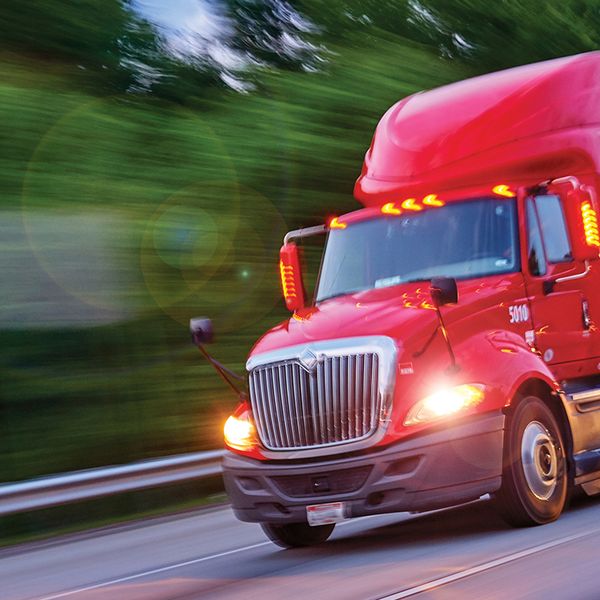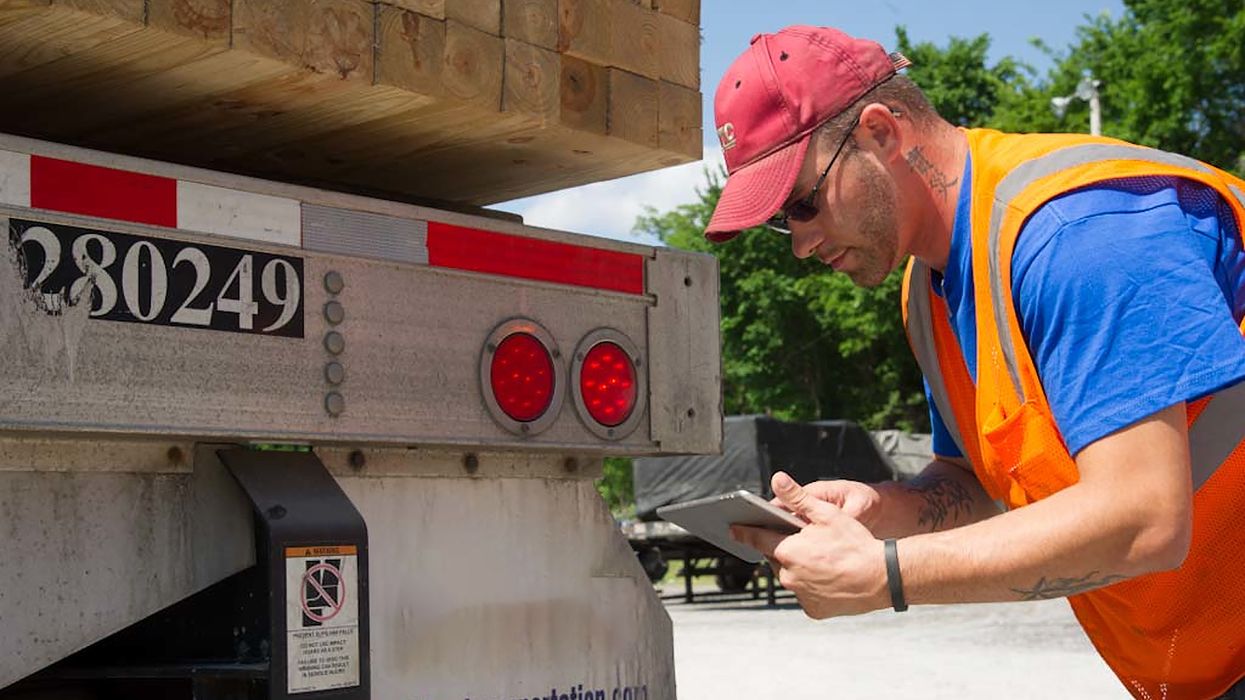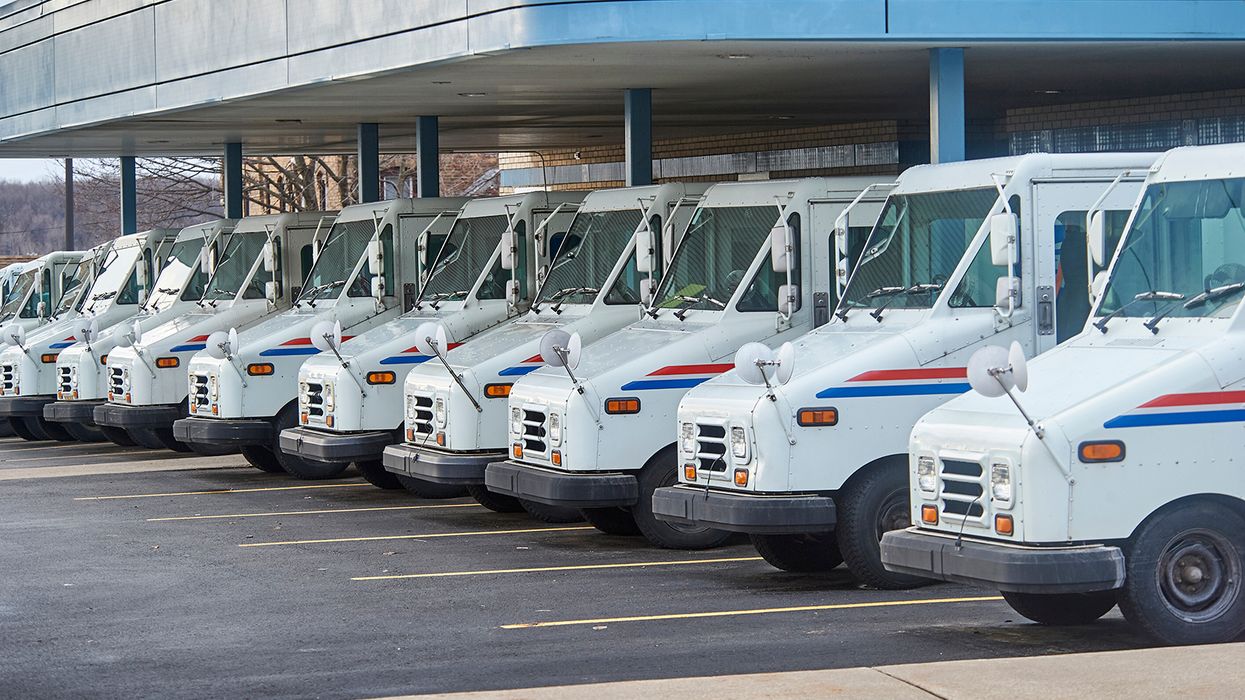CARB reverses course on zero emissions truck mandate
The California Air Resources Board (CARB) Advanced Clean Fleet (ACF) regulation is now in hibernation.
This is the regulation that would have required high-priority fleets to register their California fleet in the TRUCRS ACF database and to begin transitioning their California fleet to zero emissions vehicles (ZEV). A carrier’s California fleet includes all covered vehicles operating in California.
A high-priority fleet is one that operates 50 or more vehicles with a gross vehicle weight rating (GVWR) of 8,501 or more in California or that operates one or more covered vehicles in California and has an annual revenue of $50 million or more (based on U.S. IRS tax filings).
The waiver withdrawal and what it means
On January 14, CARB decided to withdraw the waiver request it had filed with the U.S. Environmental Protection Agency. This waiver was necessary due to the ACF program exceeding the federal regulations. Without the waiver, CARB cannot move forward with the program.
To sum up the current situation, the laws and regulations creating CARB’s Advanced Clean Fleet program are still in place (the regulations are found at CCR Title 13, Division 3, Chapter 1, Article 3.4, Section 2015.1 to 2015.6), but the program cannot be implemented. This means, at least for the foreseeable future, high-priority fleets do not have to worry about complying with the registration and ZEV transition requirements.
What about the other CARB programs?
This action has no impact on CARB programs that are already in place, including:
- Clean Truck Check: This is the program that requires all trucks and buses with a GVWR of 14,001 pounds or more operating in California to be registered in the Clean Truck Check-Vehicle Inspection System (CTC-VIS) database and to provide an on-board diagnostics (OBD) download twice per year.
- Roadside Emissions Monitoring Devices (REMD) and Notices to Submit to Testing (NST): This program uses remote air sensors to identify high emission vehicles. When an REMD detects one, the owner is sent an NST. If the required test is not done, the owner will be fined and the vehicle registration could be suspended.
- Truck and Bus: This is the regulation that requires all trucks and buses operating in California that have a GVWR of 14,001 pounds or more to be equipped with an engine that meets the MY 2010 emissions standards.
- Transportation Refrigeration Unit (TRU): This program requires TRUs operating in California to be registered in the Air Resources Board Equipment Registration (ARBER) database and to meet specific emissions and refrigerant requirements.
- Greenhouse Gas Reduction (in-use vehicles): This is the regulation that requires 53-foot trailers and the tractors pulling them to meet aerodynamic and low rolling resistant tire requirements when operating in California.
Key to remember: The ACF program is officially hibernating and will be napping for a while. However, all of the other CARB programs are still alive and working.


















































